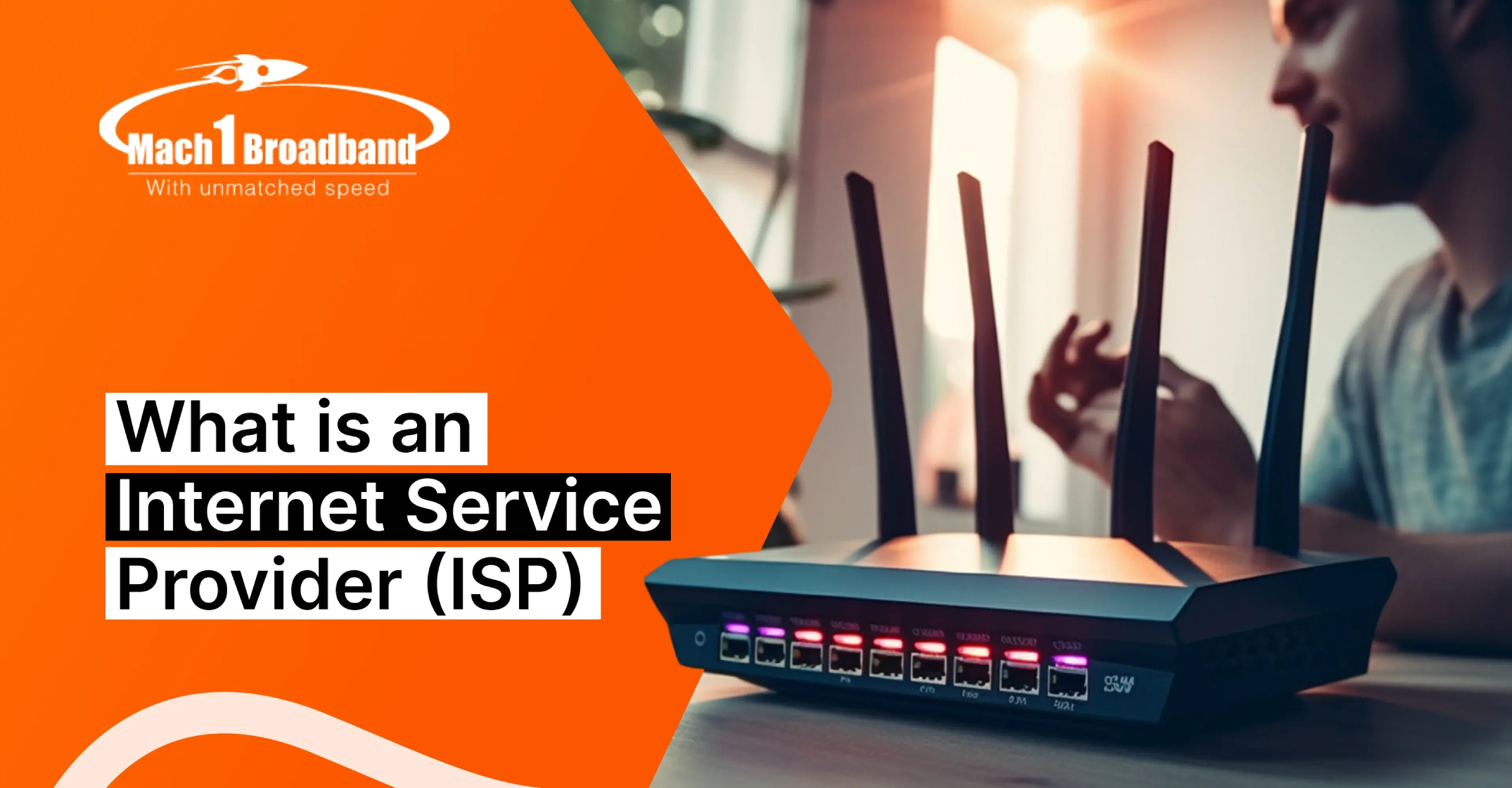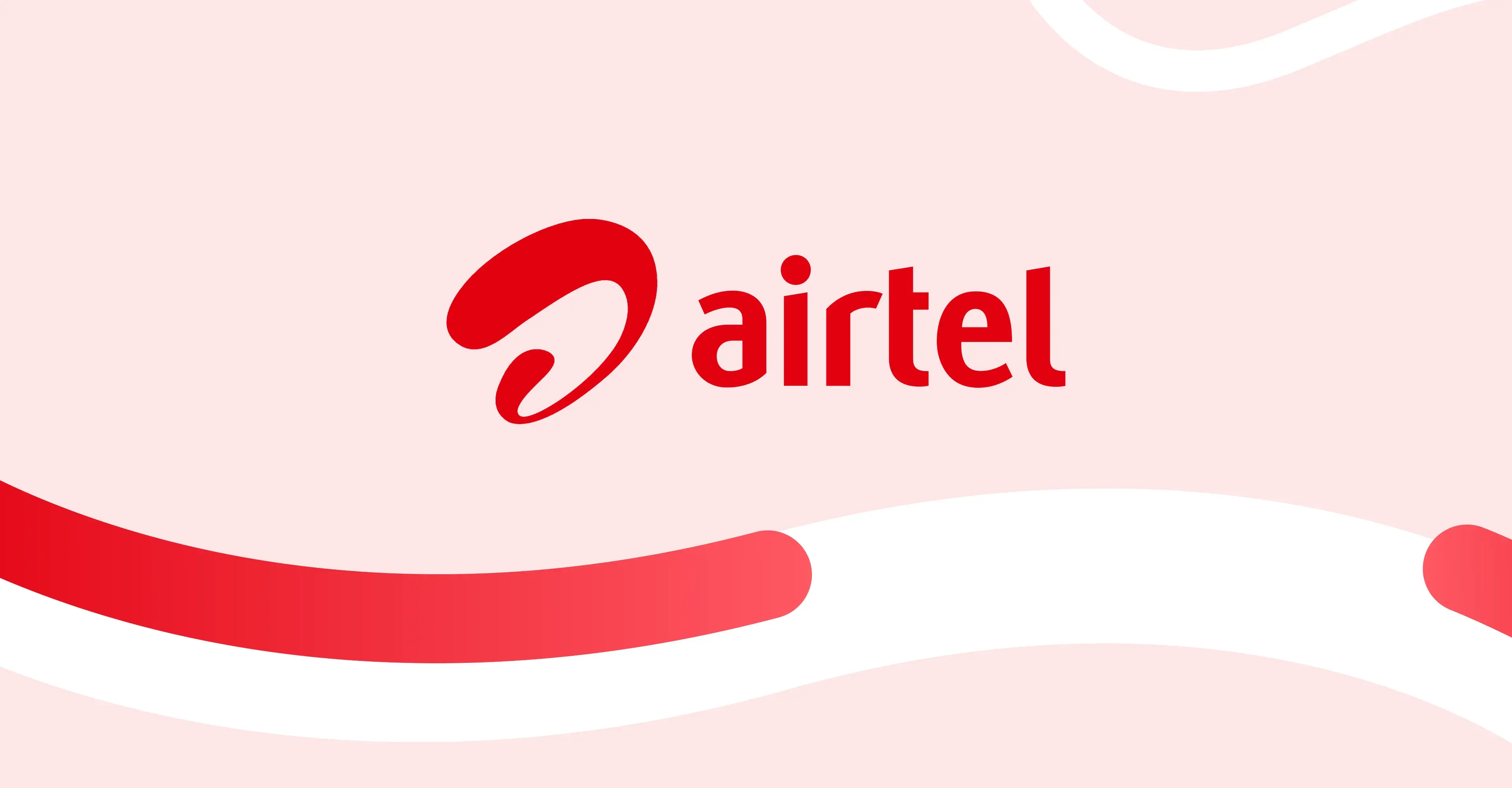 Apr 22, 2024
Apr 22, 2024

nternet Service Providers (ISPs) are the companies that allow us to access the Internet and all its wonders. Without them, we wouldn't be able to surf the web, stream our favorite shows, or connect with friends online. But what exactly do these ISPs do?
In this article, we'll break down the definition and role of ISPs. We'll explore how they work behind the scenes to keep us connected to the digital world. From explaining what an ISP is to highlighting its crucial function, this piece aims to shed light on the unsung heroes that power our online experiences.
Internet Service Providers (ISPs) come in different categories, each serving a unique purpose. From the largest national providers to the smaller local companies, understanding the differences between these categories is crucial to grasping how the Internet works. Let's explore the roles and contributions of Tier 1, Tier 2, and Tier 3 ISPs within the digital landscape.
At the top of the Internet service provider (ISP) hierarchy are the largest and most powerful ISPs, known as Tier 1 providers.
These ISPs are responsible for connecting networks globally. They own and operate their infrastructure, including extensive fiber-optic networks and data centers.
Tier 1 ISPs directly connect, allowing them to exchange internet traffic without paying transit fees. These top-tier providers handle massive amounts of internet traffic and are essential for the smooth functioning of the global internet.
Regional and national internet service providers, known as Tier 2 ISPs, connect to the major global internet backbones provided by Tier 1 ISPs.
These Tier 2 providers serve specific geographic areas and may lease infrastructure from the larger Tier 1 companies to expand their network coverage. Tier 2 ISPs play a crucial role in connecting end-users to the internet, offering access through various technologies like DSL, cable, and wireless.
While they lack the worldwide reach of Tier 1 providers, Tier 2 ISPs are essential for delivering internet services to local communities and businesses.
Tier 3 internet service providers (ISPs) are the smallest and most localized type of ISPs. They primarily serve customers within a specific geographic area, like a city or town. Tier 3 ISPs depend on larger Tier 1 or Tier 2 ISPs to access the main internet network.
They often lease infrastructure or buy wholesale internet services from these higher-tier providers. While Tier 3 ISPs may have limited network coverage compared to larger ISPs, they play an important role in delivering internet access to homes and small businesses in their local communities.
Overall, different-sized internet service providers (ISPs) collaborate to ensure users can access the internet reliably and efficiently, regardless of their location or the size of their provider. Each type of ISP - from the largest (Tier 1) to the smaller ones (Tier 2 and Tier 3) - contributes to the interconnected network that forms the foundation of the modern internet. This enables smooth communication, information sharing, and online activities for billions of people globally.
Internet connectivity comes in many forms, each with its advantages and features. From speedy fiber-optic networks to dependable satellite links, understanding the various ISP options is crucial when choosing the right one for your needs. Let's explore the diverse world of ISP services, including Fiber, DSL, Satellite, and Cable, and discover the strengths and limitations of each.
Fiber internet offers lightning-fast speeds, providing an unparalleled online experience. DSL, on the other hand, delivers reliable connectivity through your telephone lines. Satellite internet is a great option for remote areas, while Cable internet utilizes your existing television infrastructure.
Each ISP service caters to different needs and preferences. Carefully considering your requirements, location, and budget will help you select the most suitable internet solution for your home or business. As we delve into the details of these ISP options, you'll be equipped to make an informed decision and enjoy the best possible internet connectivity.
 2. Airtel is one of the leading telecom providers in India. They offer a wide range of services, including mobile, broadband, and digital TV. As an internet service provider, Airtel delivers fast and dependable internet connectivity to millions of customers across the country. They cater to both home and business users with their reliable offerings.
2. Airtel is one of the leading telecom providers in India. They offer a wide range of services, including mobile, broadband, and digital TV. As an internet service provider, Airtel delivers fast and dependable internet connectivity to millions of customers across the country. They cater to both home and business users with their reliable offerings.  3. Hathway is a well-known internet service provider (ISP) in India, renowned for its high-speed broadband services and innovative internet solutions. The company offers a range of broadband plans with varying speeds and data allowances to cater to the needs of both residential and corporate customers. Hathway's expansive network infrastructure ensures reliable and uninterrupted internet connectivity for users in urban and suburban areas.
3. Hathway is a well-known internet service provider (ISP) in India, renowned for its high-speed broadband services and innovative internet solutions. The company offers a range of broadband plans with varying speeds and data allowances to cater to the needs of both residential and corporate customers. Hathway's expansive network infrastructure ensures reliable and uninterrupted internet connectivity for users in urban and suburban areas. 
In summary, Internet Service Providers (ISPs) are the backbone of our online connectivity, ensuring seamless access to the digital world. From global Tier 1 giants to local Tier 3 providers, ISPs of all sizes contribute to keeping us connected. Whether it's browsing, streaming, or connecting, ISPs enable us to navigate the online realm with ease and efficiency. So, the next time you're online, take a moment to acknowledge the role of your ISP in facilitating your digital experience.